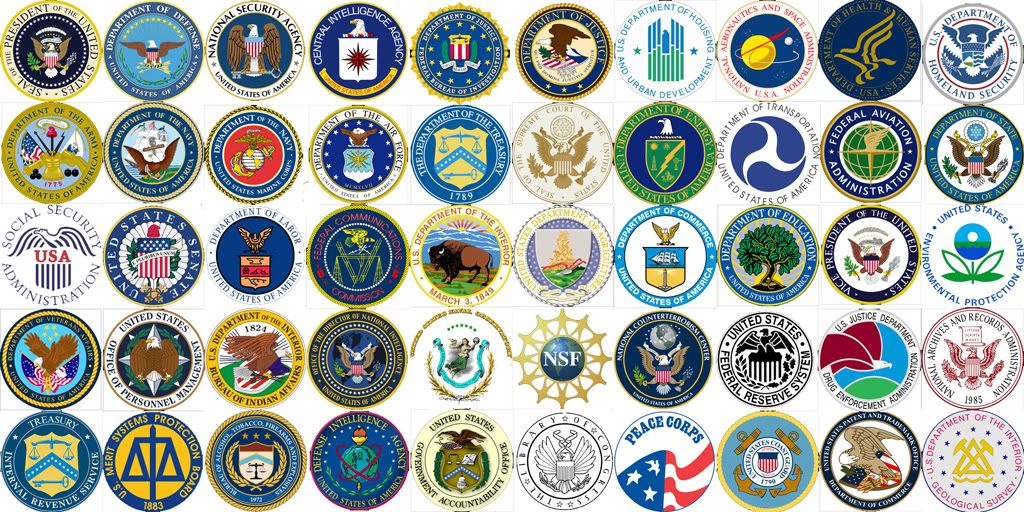If you work for a federal agency or a state government and your department uses the acronym “CIP,” you are not alone. There are at least 14 different common uses of those three letters, not including municipal or county authorities, across the country.
If you work at the Department of Health and Human Services, CIP is a “Cancer Imaging Program.” If you’re at the Department of Transportation, that’s a “Capital Investment Plan.” But don’t confuse that with a “Capital Improvement Plan” or even the “Inter-American Committee on Ports.” These are vastly different and incredibly important distinctions and it can get screwy.
Just ask Robert Mander, the gray-haired founder of Govlish, a prototype searchable database of common government acronyms, abbreviations, codes and other short-hand terms, including their pronunciations. It’s something like Urban Dictionary for bureaucrats.
He’s betting that there’s a marketplace for governments and their contractors who need a more reliable and efficient way to know what the alphabet soup of civil service can mean so they can navigate these divergent vocabularies.
If one of the most familiar entrepreneur founding stories is that of a garage-based tinkerer, then one that is nearly as repeated is that of the founder who launches a business after trying to find a solution for himself. Mander fits the latter as much as any other.
He’s a longtime contract technical writer (started for the Library of Congress 12 years ago) specializing in government documents. Before realizing the need, he built up a spreadsheet of more than 1,500 terms so he could toggle between different agencies and governments without losing something in translation. Today, Govlish has nearly 100,000 terms in its database, 25,000 from thousands of federal entities (including, you government geeks, all 100 TTEs, or Top Tier Entities) and the rest from the states.
How does he collect such a vast dataset?
“The process is grueling,” said Mander. He’s culling annual reports and is a hawk for uses in media coverage and policy papers.
Others that try to curate lists have been limited and hard to navigate, he said.
Mander lives in Foggy Bottom and works out of 1776. His site was built by OmniStudio, based near Dupont Circle, and the initial page launched a year ago. He’s been working on the project for three years now and is still at a pre-revenue prototype stage. He expects to have three levels of revenue, from a $0.99 mobile app download to a subscription fee to customized build-outs.
Mander currently has a survey live here to better understand the needs of potential users.







